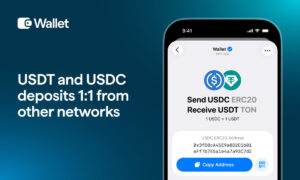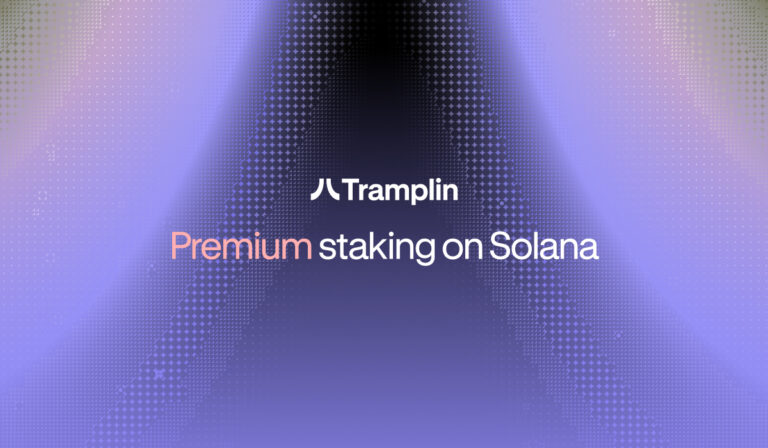Informationen zum Land
Weitere Informationen
Website
Extra Links
Soziale Medien & Nachrichten
Rangliste
Blockchain-Übersicht
Kategorie:
| Name | Kategorie |
|---|
Häufig gestellte Fragen
Description
Disclaimer: The regulatory information provided below is for general informational purposes only and may not reflect the most current legal developments. Cryptocurrency regulations are rapidly evolving and can change frequently. This information should not be considered legal or tax advice. Before making any business or investment decisions, please consult with qualified legal, tax, or financial professionals familiar with your specific jurisdiction and circumstances. Always verify current regulations with official government sources and regulatory bodies.
Legal Classification & Regulatory Framework
Cryptocurrency Status
In Angola, cryptocurrencies are not legal tender. Monetary issuance—whether physical or digital—remains an exclusive competence of the Banco Nacional de Angola (BNA). Private crypto-assets therefore do not have legal-tender status in domestic commerce. Authorities have, at various times, cautioned the public that virtual assets fall outside prudential protection frameworks, and transactions occur at the user’s own risk.
Angola expressly prohibits the mining of cryptocurrencies and other virtual assets across the national territory, as well as the connection of mining equipment to the national power grid and the use of any electrical-installation licences for mining purposes. The prohibition is framed within a broader policy rationale that includes safeguarding the electricity system, environmental considerations, and combating illicit financial activity. The law addresses criminal and administrative consequences for violations. Importantly, this ban targets mining activity; holding or transacting in crypto peer-to-peer is not, by itself, described as a criminal offence, but remains unregulated and subject to general law (e.g., anti-money laundering, foreign-exchange, consumer protection).
Tax Treatment
Angola has no crypto-specific tax code publicly in force that comprehensively addresses virtual assets. In practice, tax treatment follows general principles:
- Income and corporate tax: Profits realised by residents or Angolan-source income from the disposal of digital assets may be treated as taxable income under ordinary rules, depending on the taxpayer’s profile (individual vs. company), the nature of the activity (trading as a business vs. occasional gains), and applicable accounting standards.
- Indirect tax: Supplies of goods and services paid with crypto are generally taxable based on the underlying transaction, not the means of payment. Merchants remain responsible for invoicing and applicable indirect taxes under Angolan law.
- Withholding and reporting: Cross-border receipts or payments involving crypto may still trigger reporting or withholding obligations if they fall within existing taxable categories.
- Foreign-exchange (FX) interface: Movement of value across borders remains subject to Angola’s FX regime; conversions to or from foreign currency through the banking system must follow BNA rules. Where crypto is used to remit value, taxpayers should expect scrutiny around source of funds, documentation, and compliance with AML/CTF obligations.
Because practice can differ by fact pattern, taxpayers should seek local professional advice before recognising gains, booking costs, or structuring cross-border flows involving crypto.
Regulatory Oversight
Several public bodies are relevant to crypto-related activity in Angola:
- Banco Nacional de Angola (BNA): central bank and monetary authority; sets FX rules and prudential standards for banks and payment institutions; sole issuer of legal-tender currency (including any potential central-bank digital forms).
- Comissão do Mercado de Capitais (CMC): oversees securities and capital-markets activities. Where a token functions as a security or collective-investment interest, it may fall within the CMC’s perimeter.
- Unidade de Informação Financeira (UIF): Angola’s financial-intelligence unit; receives and analyses suspicious-transaction reports and coordinates AML/CTF efforts aligned with international standards.
- Administração Geral Tributária (AGT): tax authority responsible for assessment, collection, and guidance on tax compliance.
As of now, there is no comprehensive licensing regime for virtual-asset service providers (VASPs) beyond the express prohibition on mining. Nevertheless, any business activity that touches payments, custody of client funds, exchange with fiat, or investment intermediation will be assessed under existing sectoral laws (banking/payment services, capital markets, AML/CTF, consumer law, data protection) and may require prior authorisation if it falls within regulated activity definitions.
Business Environment
Banking Relationships
Angolan banks operate under conservative prudential and FX rules. In practice, banks may restrict direct exposure to unregulated virtual-asset activities and can refuse account services where the business model is not clearly within authorised activities or where AML/CTF risk cannot be adequately mitigated. Converting crypto to kwanza or foreign currency through the formal banking system typically requires clear documentation on the source of funds and the nature of the underlying transactions. Expect enhanced due diligence for counterparties engaged in any crypto-adjacent services.
Licensing Requirements
Because Angola has not yet implemented a full VASP framework, crypto exchanges, brokers, or custodians do not have a dedicated licence category. However:
- Activities that amount to payment services, issuance of electronic money, or financial intermediation may require BNA authorisation.
- Offerings that constitute public offers of securities or investment services may trigger CMC supervision and licensing.
- All entities with exposure to higher-risk financial flows are expected to maintain robust AML/CTF programmes, including KYC, transaction monitoring, recordkeeping, and suspicious-activity reporting to the UIF.
- Mining and mining-adjacent services are prohibited nationwide.
Foreign operators evaluating Angola should conduct a regulatory perimeter assessment to map their feature set against existing financial-sector definitions and obtain legal opinions before launch.
Innovation Support
Angola has publicly discussed the study of central-bank digital currency (CBDC) concepts and the broader digitalisation of payments. While there is no formal regulatory sandbox dedicated to crypto at present, authorities continue to modernise payment and FX frameworks, and the financial-sector supervisors have previously signalled work on instruments concerning virtual assets and service providers. Any future policy shift is likely to prioritise financial stability, energy security, consumer protection, and AML/CTF effectiveness.
Market Characteristics
Adoption Patterns
Crypto adoption in Angola remains nascent and largely retail-driven, with activity most visible in informal peer-to-peer channels, trading communities, and remittance-adjacent use cases. Merchants’ on-the-ground acceptance is limited due to legal-tender status, FX rules, and the absence of a VASP regime. Institutional participation is modest and tends to be exploratory rather than large-scale, reflecting regulatory caution and banking-relationship constraints.
Industry Focus
Given the prohibition on mining, the local industry—where it exists—skews toward education, compliance advisory, software development, analytics, and cross-border services that do not require local fiat on- and off-ramps. Firms seeking to serve Angolan users frequently structure operations outside the country and provide interfaces that keep regulated financial activity at arm’s length from Angola’s domestic system. Compliance-first products (KYC solutions, AML analytics, transaction-monitoring tools) and enterprise blockchain applications that do not involve public-token issuance have clearer paths to enterprise pilots.
Regulatory Evolution
Angola’s approach is prudential and incremental. Authorities have acted decisively on energy-intensive and higher-risk activities by banning crypto mining, while leaving room to refine treatment for holding and transacting in virtual assets under general law. Over time, the supervisory perimeter may expand—particularly if tokenised financial instruments or payment-like stablecoins gain traction. Any future framework can be expected to anchor on AML/CTF compliance, FX integrity, consumer protection, and the primacy of the kwanza and BNA’s issuance monopoly. Stakeholders should monitor official channels for consultations or new notices that could introduce registration or licensing obligations for VASPs.
For Current Information:
- Banco Nacional de Angola (BNA): https://www.bna.ao/
- Comissão do Mercado de Capitais (CMC) – includes access to the mining-ban law: https://www.cmc.ao/ (see “Legislação” and “Lei n.º 3/24”)
- Unidade de Informação Financeira (UIF): https://www.uif.ao/
- Administração Geral Tributária (AGT): https://agt.minfin.gov.ao/PortalAGT/
- Diário da República / LEX (official gazette access point listing the mining-ban law): Official Gazette index (includes reference to Lei n.º 3/24)
- Direct link to the law (CMC mirror): Lei n.º 3/24 – Proibição da Mineração de Criptomoedas e Outros Activos Virtuais (PDF)
Landkarte
Krypto und Blockchain Artikel

Was ist BIP‑444?

Was ist ein Hash im Proof of Work (PoW)?
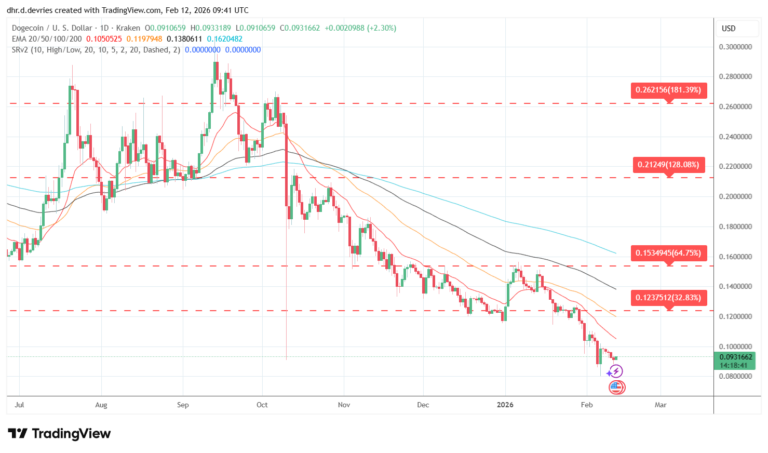
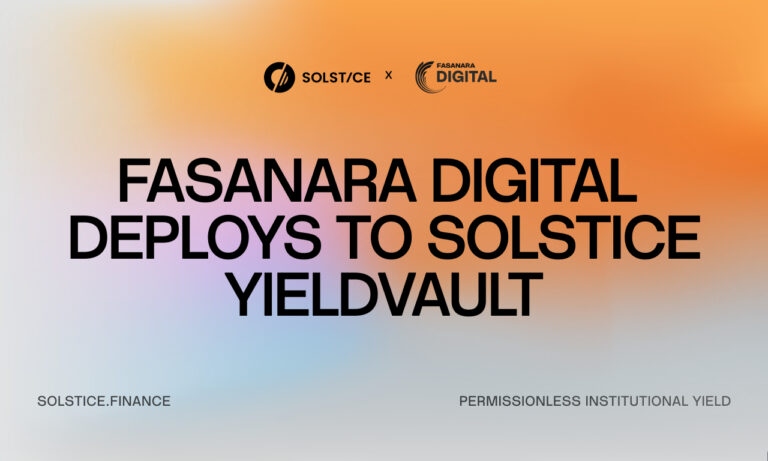

Was ist Base (Ethereum L2)?
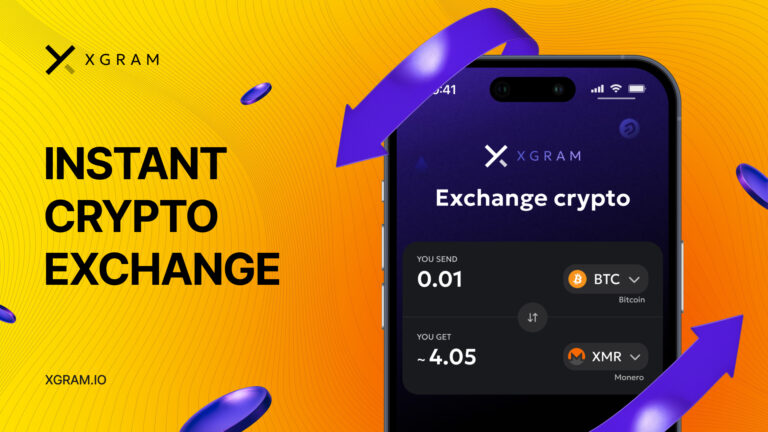
Xgram.io startet private ETH zu XMR Tauschgeschäfte
Pressemitteilungen und Beiträge





